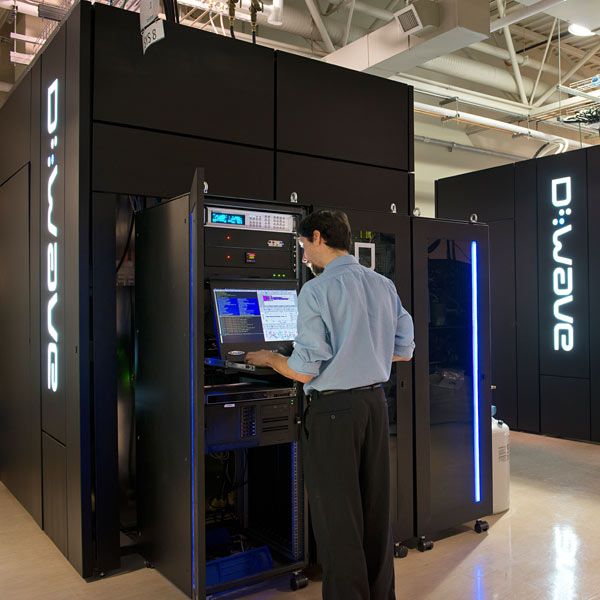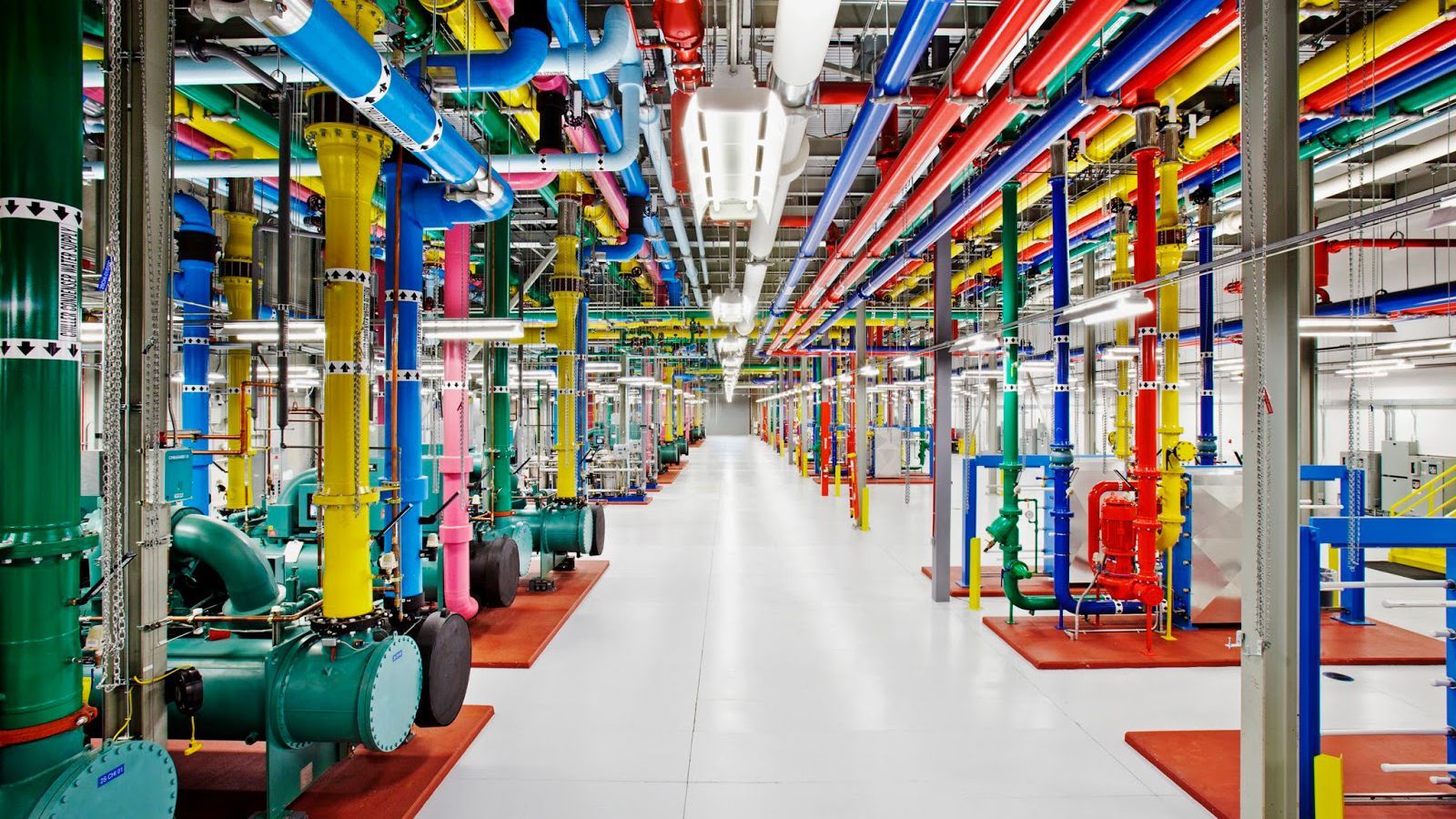Tech now really moving into the clouds.
Although the world is increasingly connected through the internet, there are still four billion people or 60% of the world’s population who do not have such access. 1.6 billion of those people live in remote locations and do not have access to mobile broadband networks. Facebook Connectivity Lab just announced the first full-scale test flight of Aquila, a solar-powered airplane that can be used to bring affordable internet to isolated areas.
Aquila is a high-altitude, long-endurance, unmanned solar-powered airplane. It has a wingspan bigger than a Boeing 737 airplane but weighs hundreds of times less due to its carbon fiber frame. Many of the team members who contributed to the craft had previous experience at at NASA, Boeing, DARPA, Northrop Grumman, and the British Royal Air Force.







